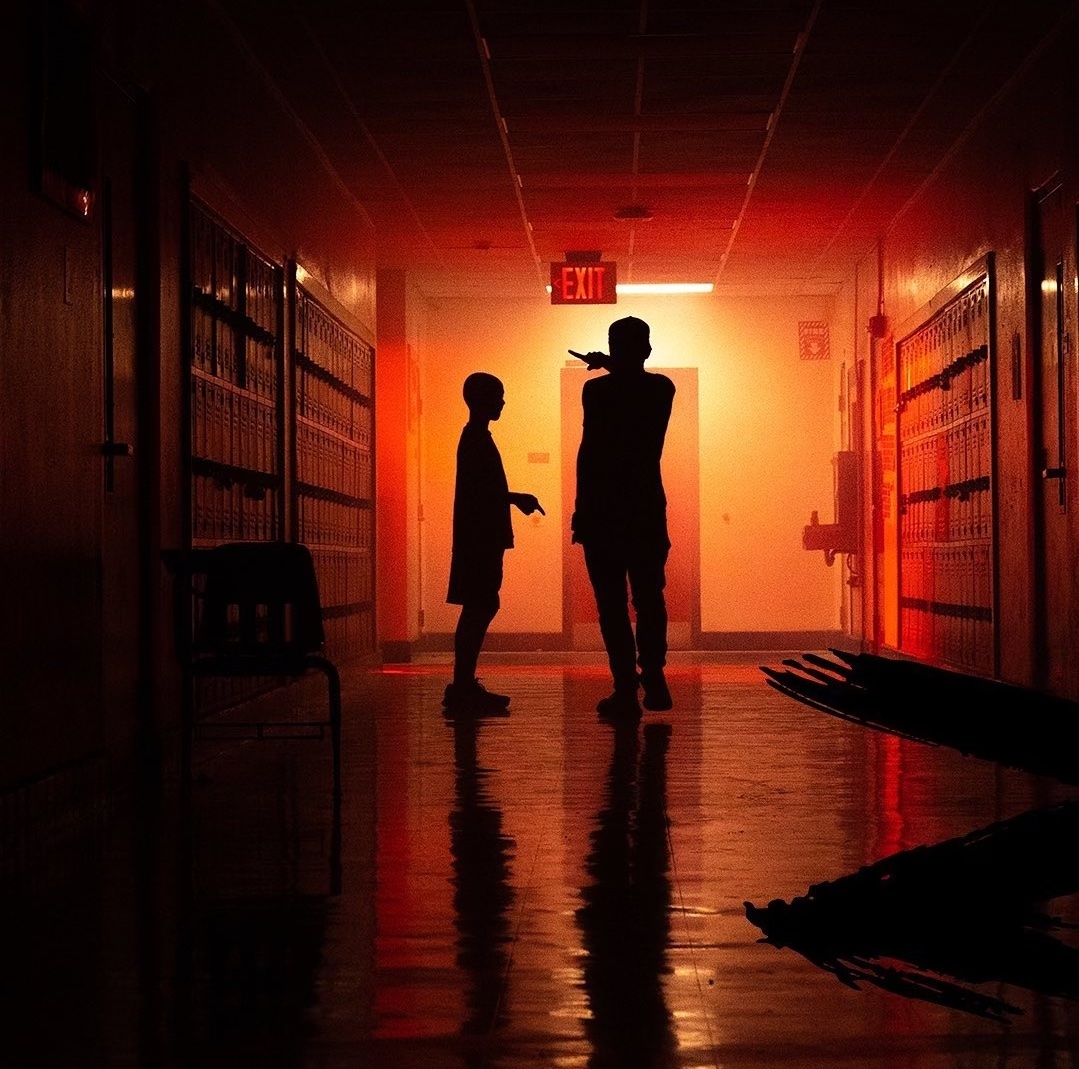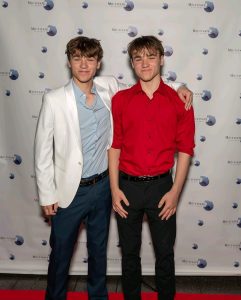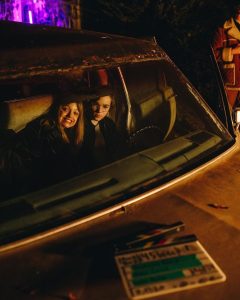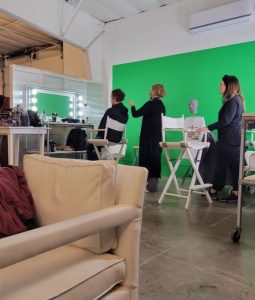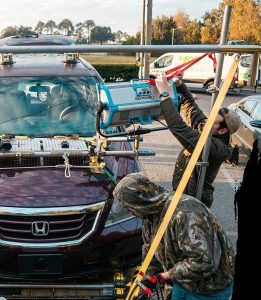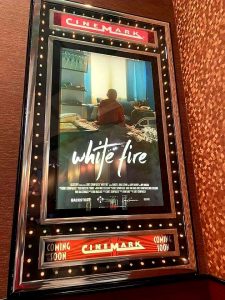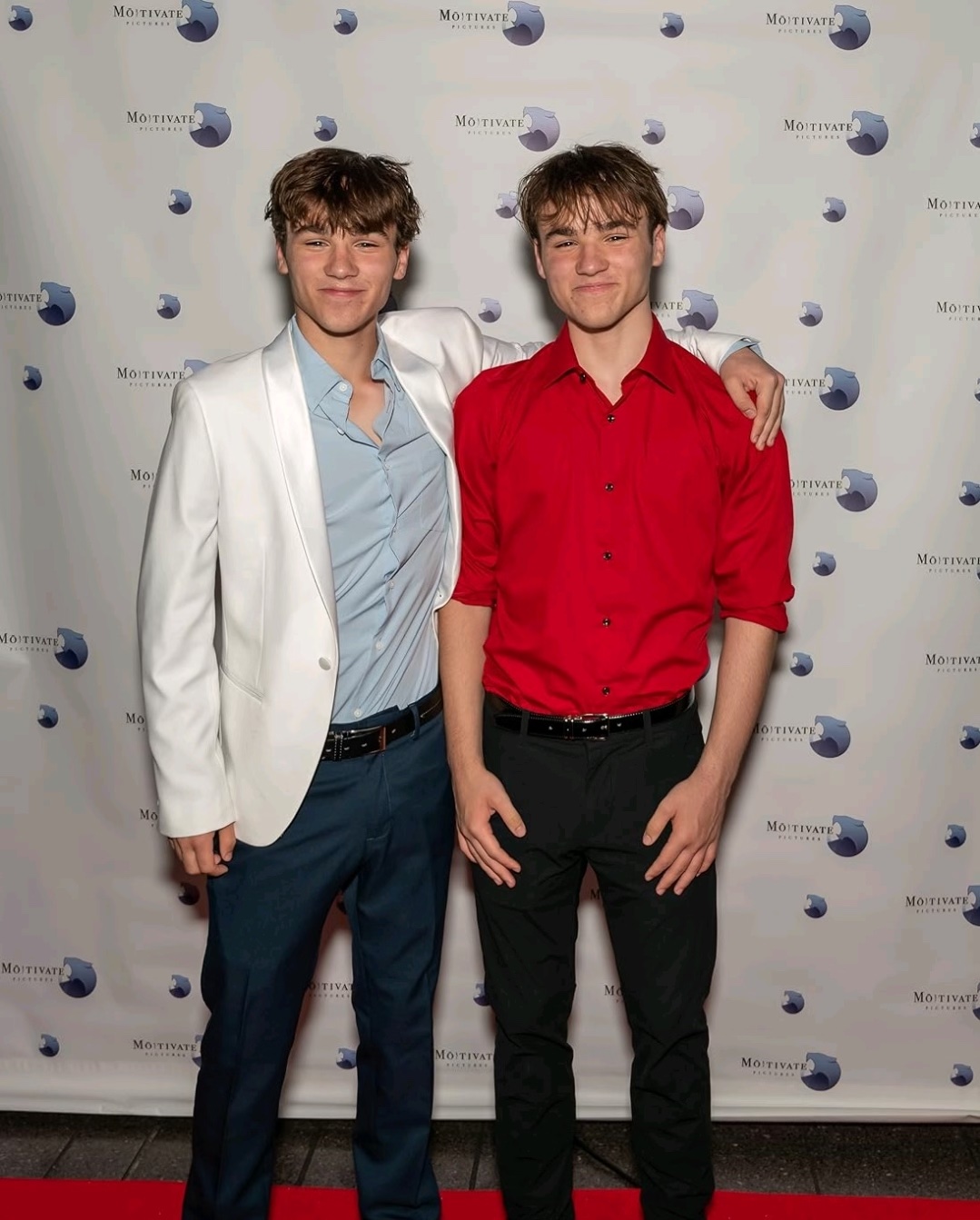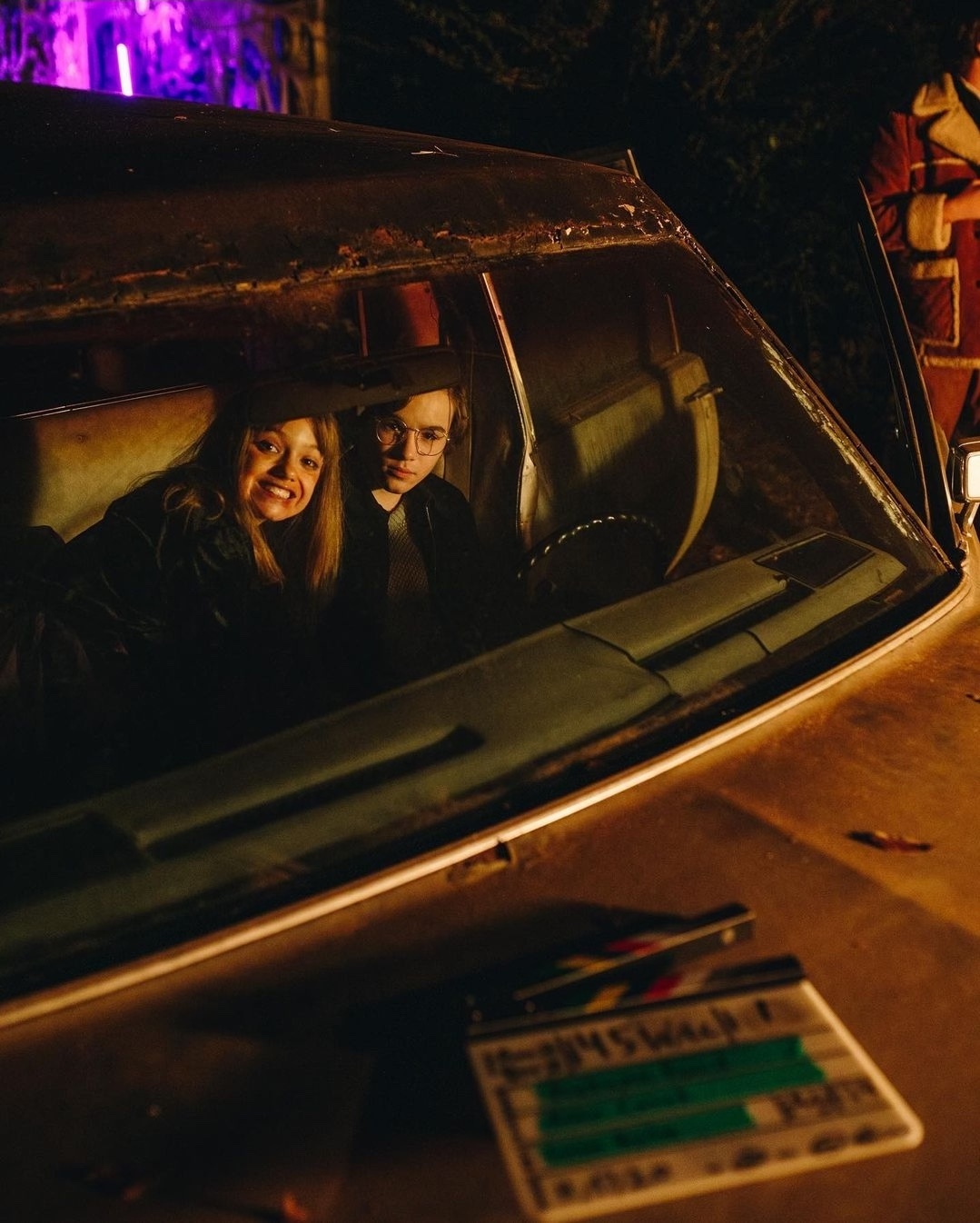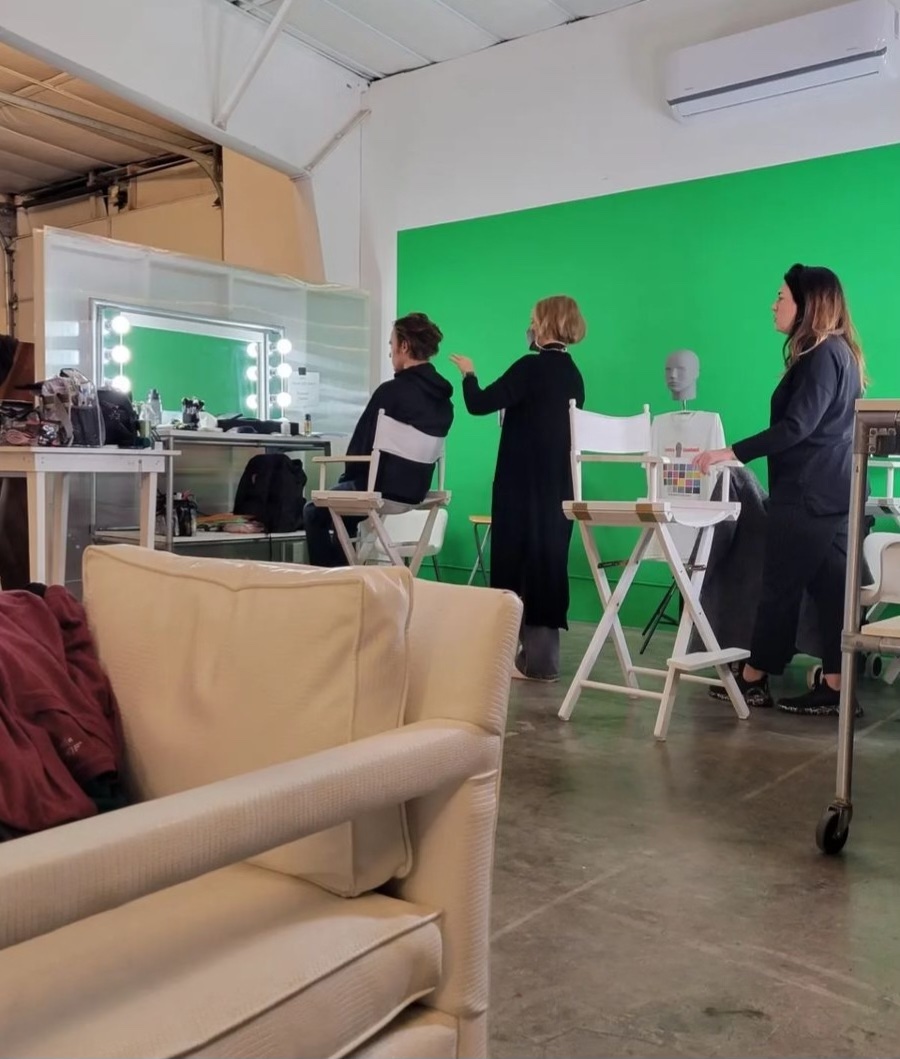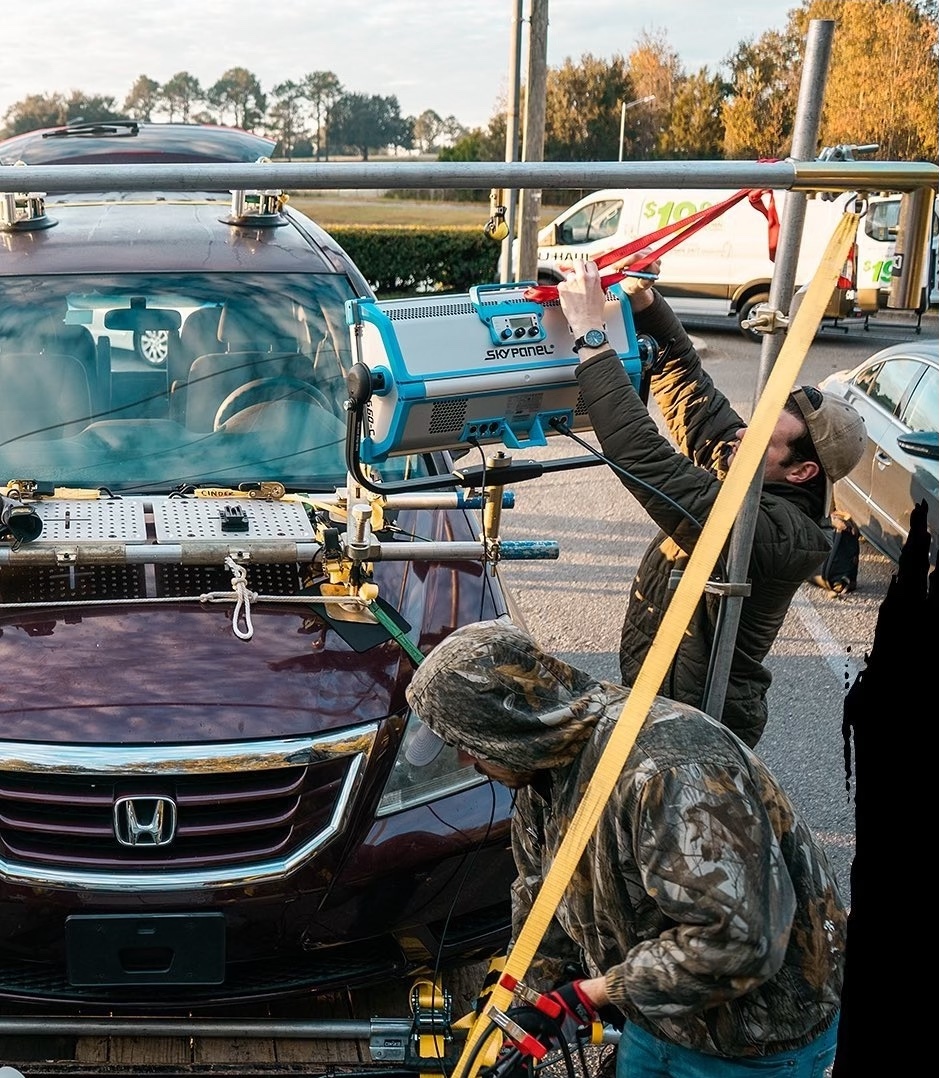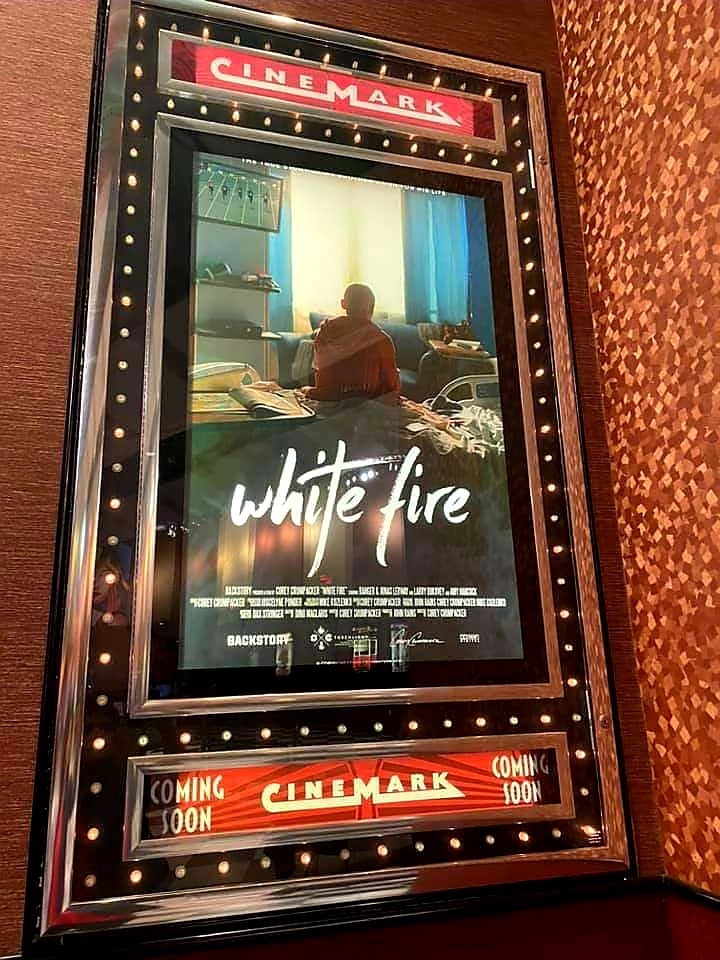He looks down at his paper, and he recites the lines. The words play over and over in his head. Waiting for his scene, he tries to put himself in his character’s perspective. The clock ticks, and it’s now his turn. Three. Two. One. Action.
Twin juniors Jonas and Ranger Lerway began acting when they were 9-years-old, starting out with commercials and working their way towards film.
“I just love to immerse myself,” Jonas said. “I feel like acting is the best way to immerse yourself into movies, along with writing. I like to write as well, but acting is usually my favorite.”
They worked together in “Autumn Road,” “White Fire,” “Satanic Panic” and more.
“We’re brothers and we joke a lot, so [it’s hard] trying to get along,” Jonas said. “So if it’s a really hard scene and we’re trying to reach that level or whatever of acting it’s kind of difficult, but we usually overcome it.”
In “Hit Man,” Jonas worked with American actor, Glen Powell.
“You’re definitely star struck and it’s kind of insane because you’re like, ‘oh my gosh,’ I’m meeting this huge celebrity,” Jonas said. “But once you’re with them and you’re acting in a scene with them like Glenn, I mean, they’re just great actors. They take a lot of the stress and they give you the energy that you need.”
As a result of being on set, Jonas and Ranger Lerway have missed a lot of school, sometimes months to fly out and shoot somewhere else.
“I guess the biggest one would just be time away from school,” Ranger said. “We missed months off of school sometimes because we’ll fly out and shoot somewhere else. Sometimes we’ll have to go to Saturday school if that’s what it takes to keep our grades up.”
Jonas Lerway plans to continue being in the film industry.
“If I don’t make it as an actor, I still want to be on set,” Jonas said. “It may be writing, it could be writing, directing and then acting in it. One way or another, I’m either going to act direct or write.”
Before being on set, actors will read a script about 10-20 times to figure out the overall arc of the character in the scene.
“It’s very different from what you’d think it’d be because a lot of people see actors as these very theatrical kinds of actors,” Jonas said. “For film it is very different. It’s a lot more in your head, like kind of your own little space and then trying to reach that role and like the emotional level that you need to be for each scene.”
Their agents take around 7-9% of the profits from their films.
“The money’s good, of course, but I just thought it would be really fun,” Ranger said. “I just thought that that’d be kind of cool if it was turned into something in front of the camera, something real.”



